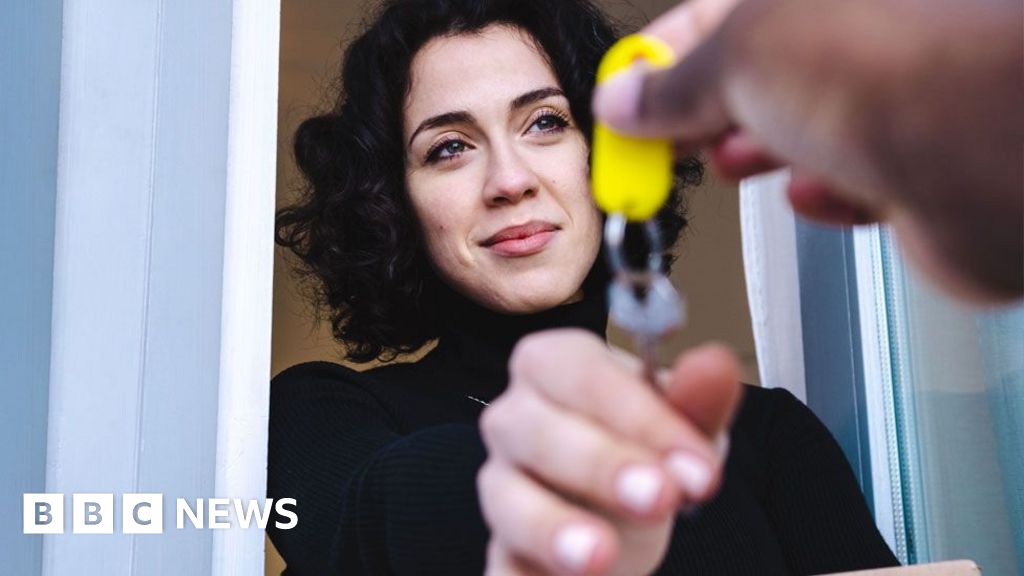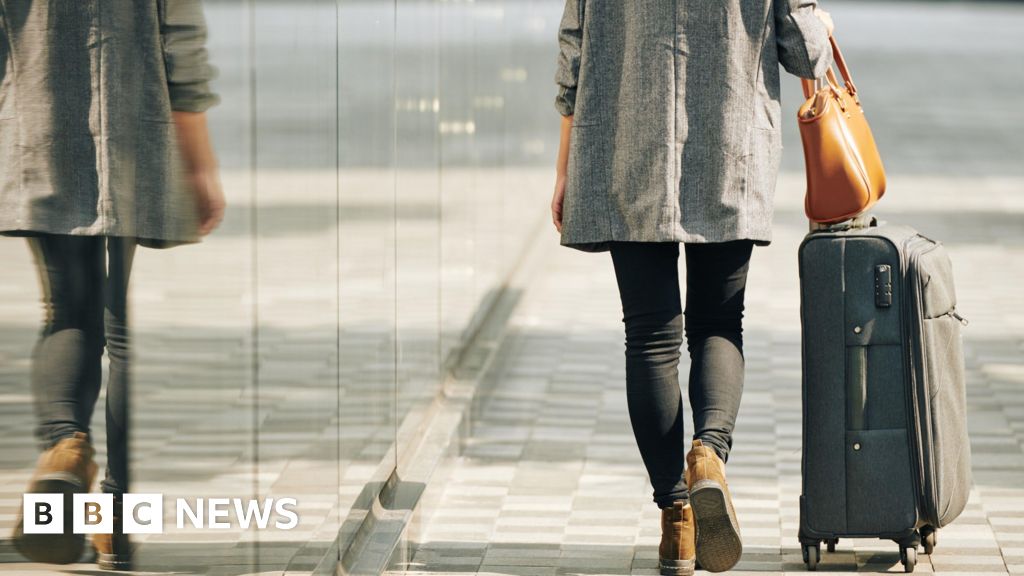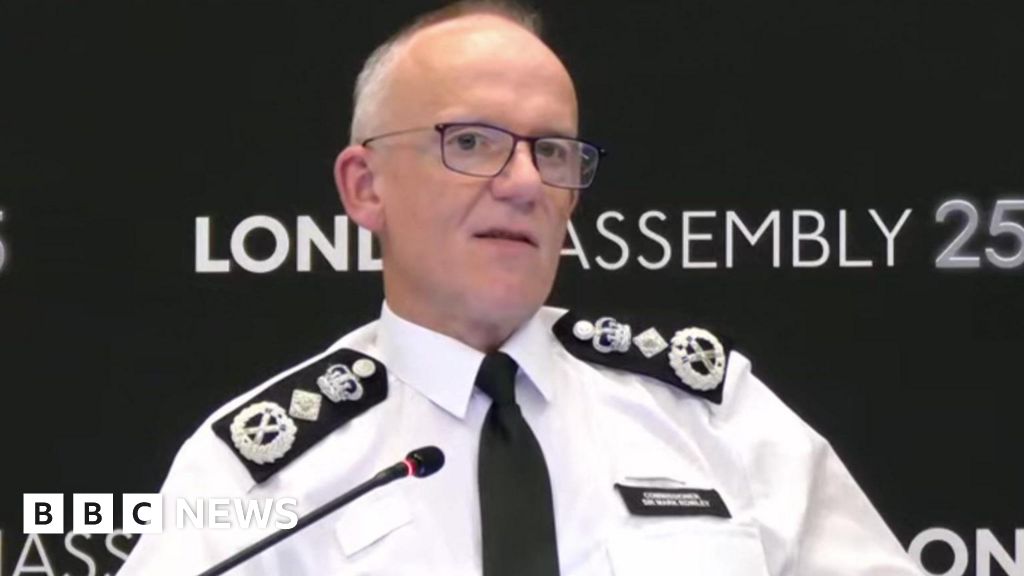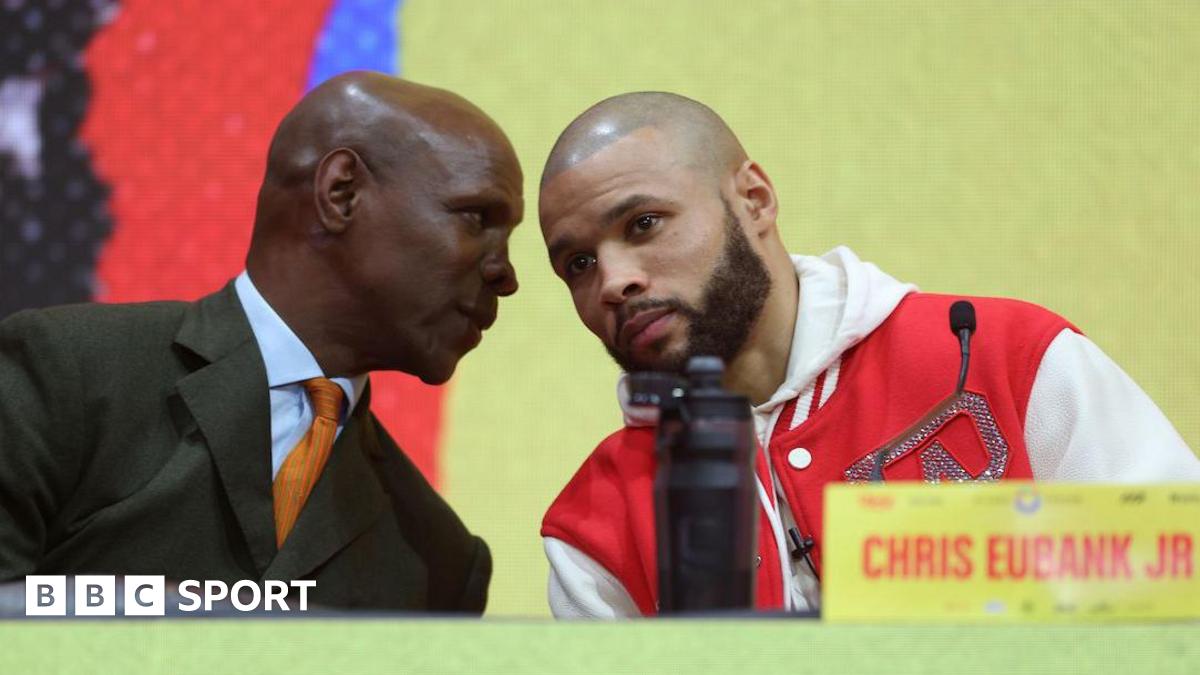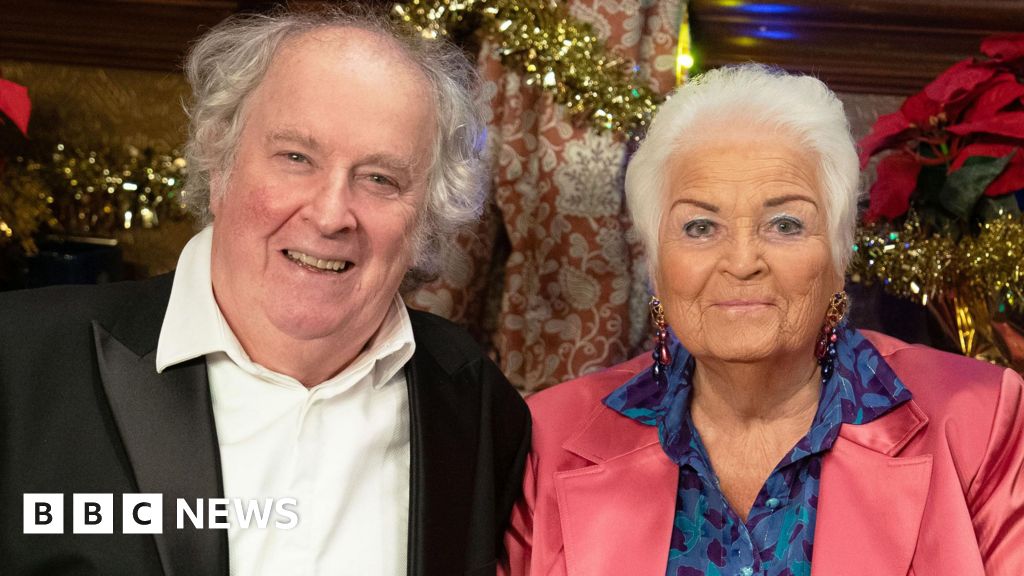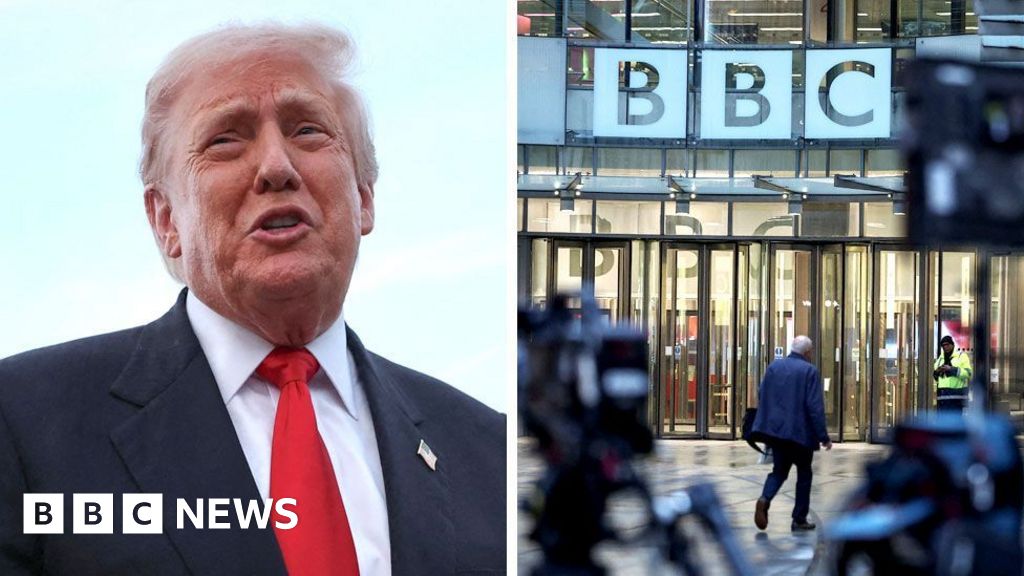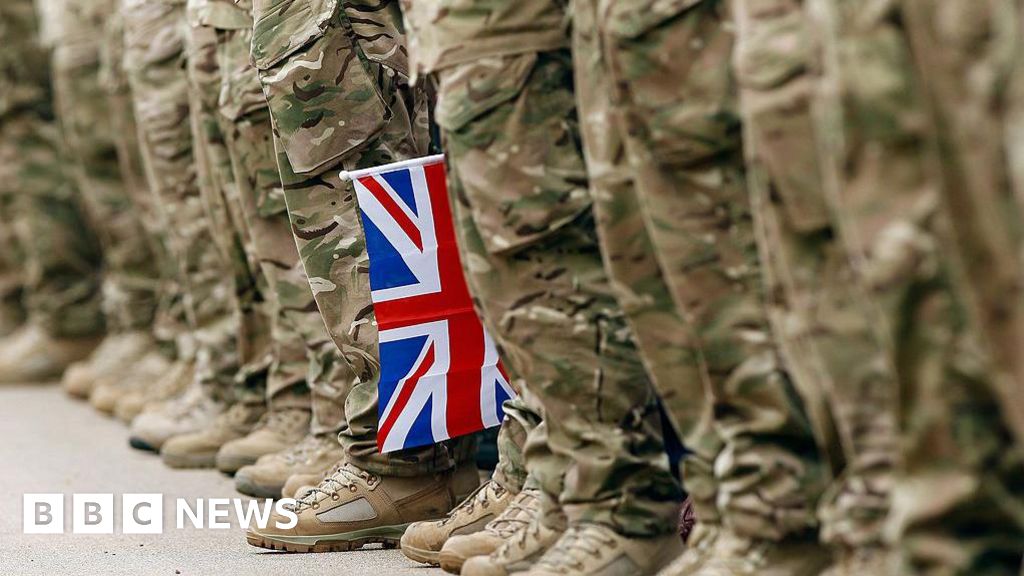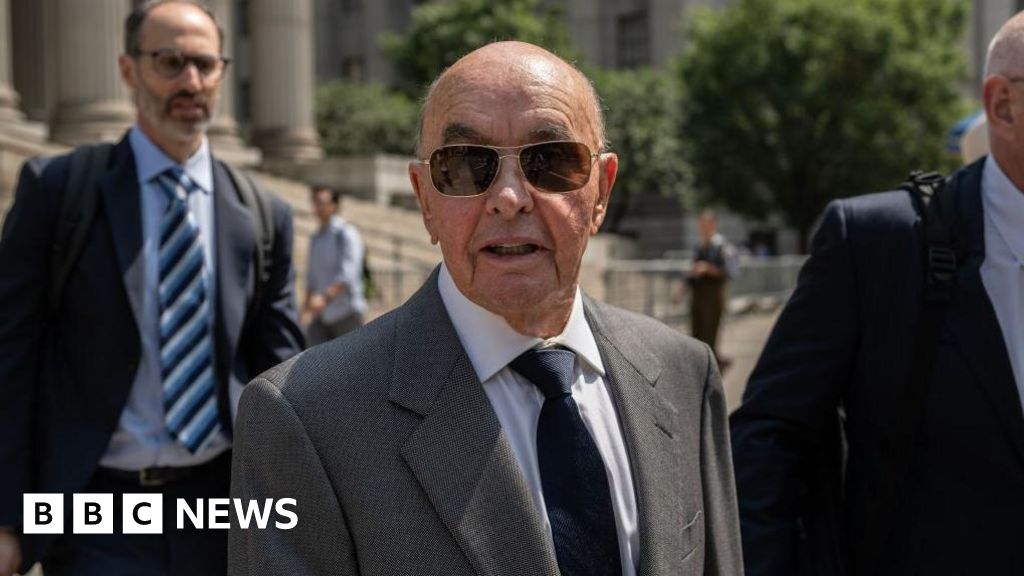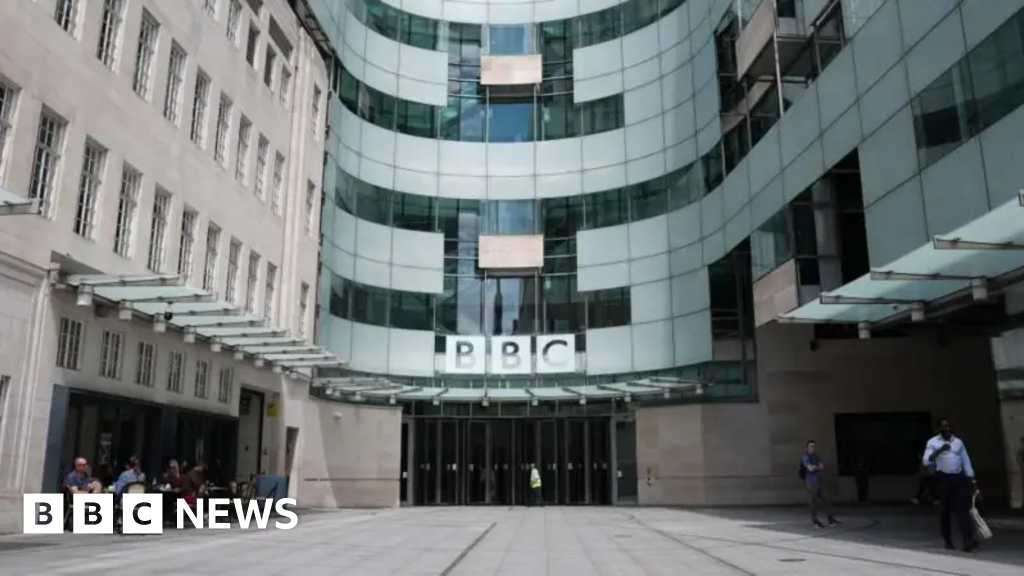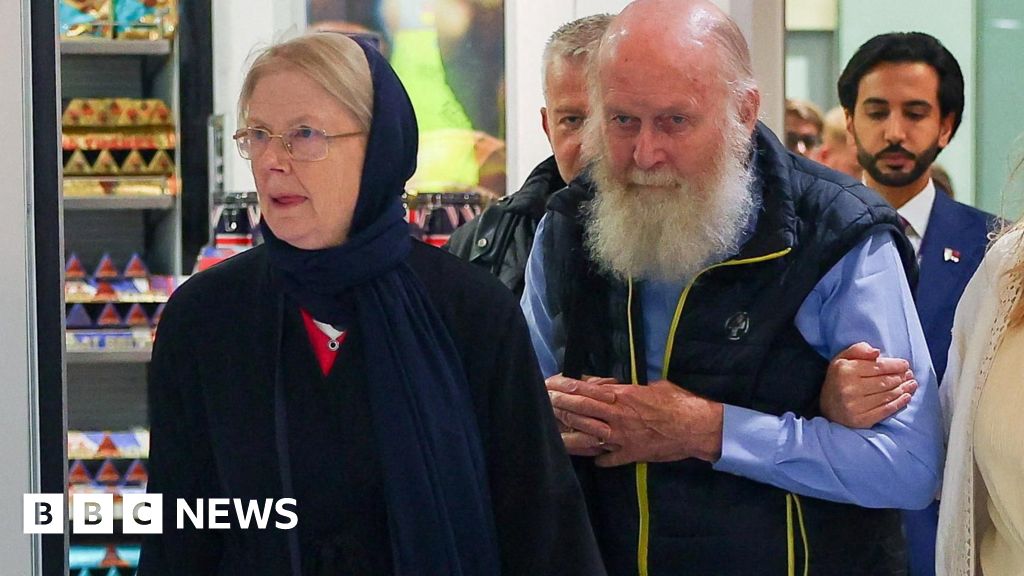Alison Holt,Social affairs editor and James Melley,Senior Social Affair Producer

 Getty Images
Getty Images
The High Court has been hearing a legal challenge to the equality watchdog's guidelines on what public or workplace toilets transgender people should use.
The Equalities and Human Rights Commission (EHRC) issued since-withdrawn interim guidance in April stating that in places like hospitals, shops and restaurants, single sex toilets should only be used by people of the same biological sex.
Lawyers for those challenging the guidance described it as "legally flawed" and "overly simplistic".
The EHRC denies that the advice given breached the rights of transgender people and says the case should be dismissed.
According to the guidance, a trans woman, a biological male who identifies as a woman, would be expected to use a gender-neutral toilet or the men's toilets, not those for women.
It was issued in April this year, just days after the UK's highest court, the Supreme Court, unanimously ruled that a woman is defined by biological sex under equalities law.
The court said that under the 2010 Equalities Act the words "woman" and "sex" referred to a biological woman and biological sex.
The EHRC advice was withdrawn from its website last month.
The High Court case has been brought by the campaign group, the Good Law Project (GLP) and three anonymous people.
Daniel Stilitz KC, for the GLP, said that the EHRC had given "categorical and clear advice" that transgender people should not be allowed to use toilets "which were appropriate to their lived gender".
He told the court the guidance had created "a climate of fear" for transgender people.
Mr Stiltz said one of the claimants was a trans man, a biological female who identifies as a man. The court was told previously when at work the person had used the men's toilets, because they looked like "any other man."
Once the interim guidance was published, they were told by their manager to stop using the men's toilets and to use either the women's or the disabled toilet instead, the court heard.
The claimant said this was inappropriate and it made them uncomfortable.
In addition, Mr Stiltz said the Commission had yet to explain how checks could be made on who was using which toilet, without disclosing information about whether or not employees or service-users were transgender.
'Carefully considered'
In response to the arguments, the barrister for the EHRC, Tom Cross KC, said there was no evidence that the guidance had caused a breach of the rights of a trans person, that the guidance had already been withdrawn, and the case should be dismissed.
He said the temporary guidance was carefully considered and proportionate but was withdrawn by the EHRC in October in a bid to prevent any delay in the government approving a new updated code of practice.
The updated code sets out how gyms, clubs and hospitals must judge certain spaces in the wake of the Supreme Court ruling.
Zoe Leventhal KC, representing the minister for women and equalities, argued that the guidance may have been too simplistic in suggesting that, for example, a trans woman should not use a women's toilet in a public space. She suggested that it could be judged on a case-by-case basis.
A lawyer for advocacy group Sex Matters told the court that single sex spaces were vital for bodily privacy, personal dignity and safety.
The organisation, which campaigns for sex based rights, said that women's toilets can be a refuge for women and girls to escape uncomfortable situations, or may be required by religious people.
The judgment in the case will be delivered in writing at a later date.
.png)
 2 hours ago
1
2 hours ago
1



